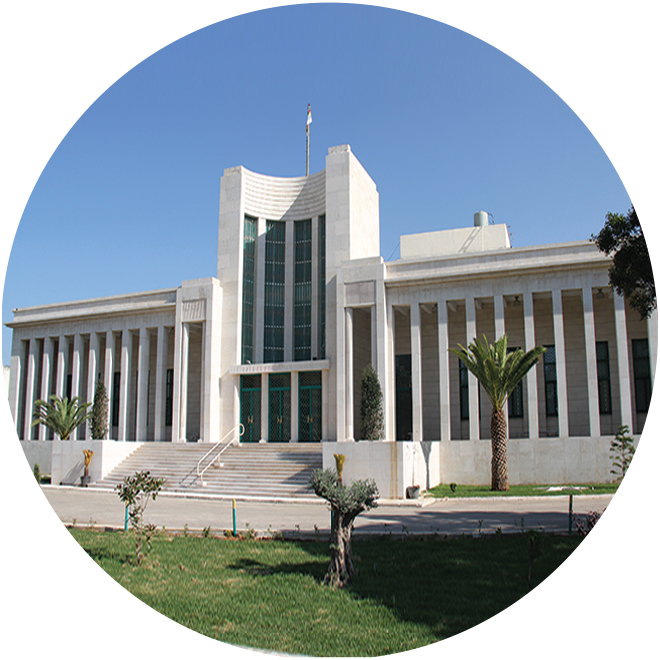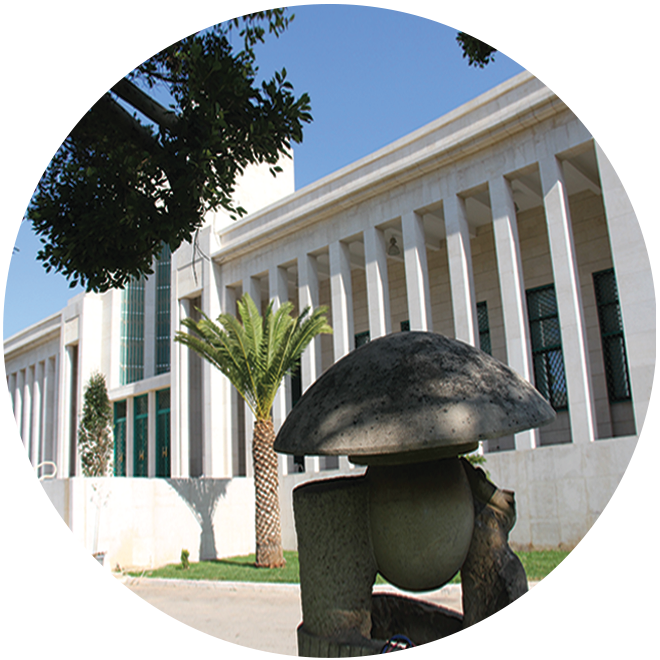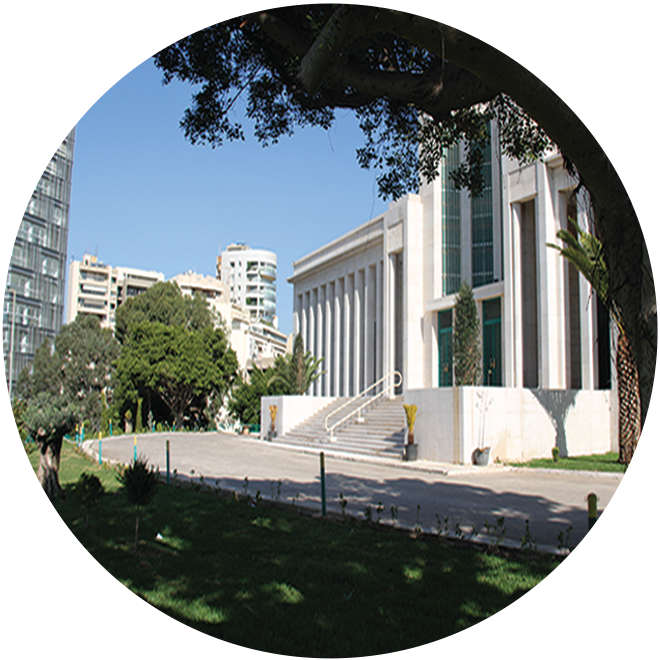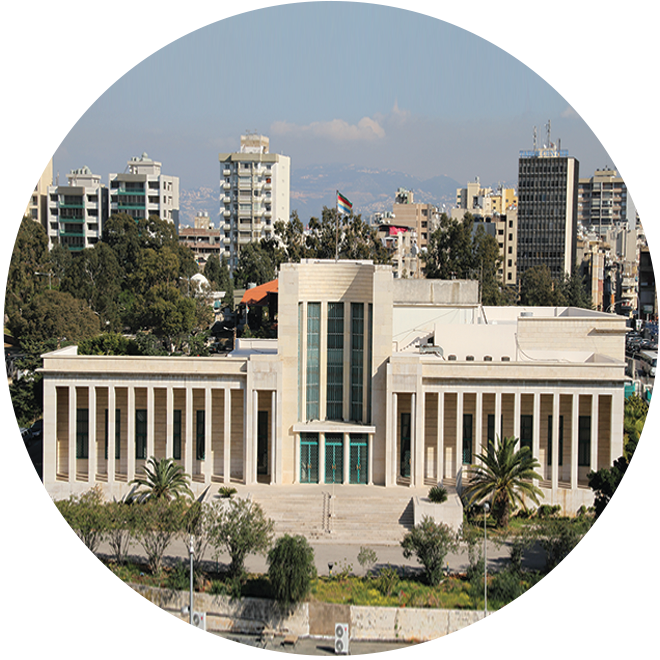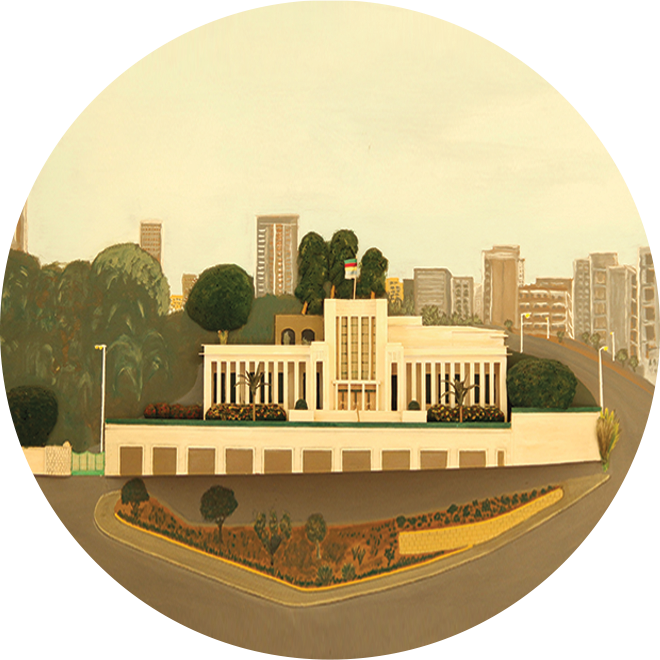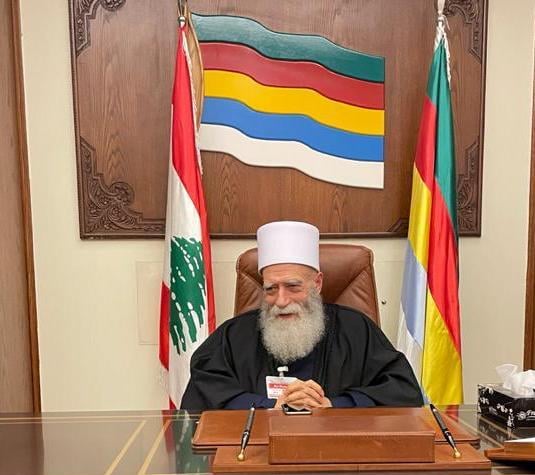2021-09-16
The archive of Sheikh Hasan's positions does not contain statements imbued with a fiery political character. Various questions revolve around his way of dealing with pivotal events. He says that "the 2006 law differs from the 1962 law, which did not specify specific powers (the powers were broad). The 2006 law regulating the affairs of the Druze community defined the powers. This is what some people do not realize. The role is national and spiritual, and it is linked to social, financial, temporal and religious matters, which kept His Eminence away from political issues. We played this role as a reference for all members of the sect and for all of Lebanon. We issued monthly statements and took the line of moderation, good words, support for institutions, criticism of negligence, against both violence and terrorism. This was our plan and position that we reiterated in spiritual summits and meetings we held with ambassadors and visitors.” As for the important stages, Al-Mukhtara has always “consulted with the Druze Sheikhs in every pivotal event. The consultation is continuous, and accordingly His Eminence takes the appropriate position.” Talking about Al-Mukhtara draws a turn in the questions about the proximity that can be seen between Sheikh Hasan and the head of the Progressive Socialist Party, Walid Jumblat. He depicts what brings them together, confirming "what senior Sheikhs say that about Al-Mukhtara as a school. Whoever approaches it approaches a school. Walid Jumblat is a leader of the sect and a permanent member of the Confessional Council. He was morally and materially supportive of our march through aid. On the other hand, Walid Jumblat is a man of few men: intelligent, meticulous, observant, generous, loyal and speaks with metaphors. We exchanged with him as much as possible this understanding of metaphors he uses.”
Big headlines have printed the events of recent years at the national level: the Intifada, the demand for Lebanon's neutrality, the implementation of the constitution... What approach does Hasan adopt based on these developments? Regarding the position on Lebanon’s neutrality and the conflict over its identity, he affirms: “I visited three references: Bkerke, Dar al-Fatwa, and the late Sheikh Abdul-Amir Qabalan at his home. The intention was to try to bridge the spiritual rift that occurred about Lebanon. We have always hoped to reactivate the Christian-Islamic Dialogue Committee and to conserve the relationship that we maintained during 15 years of Islamic-Islamic and Islamic-Christian spiritual compatibility. When I was in Bkerke, I was asked about the issue and I highlighted that many ministerial statements included the need for neutrality. The concept of neutrality goes back to the positive neutrality advocated by President Jamal Abdul Nasser in the middle of the last century. Neutrality needs internal and external approval. Everyone in Lebanon from all sects wants a stable and secure Lebanon. I conveyed this issue to the late Mufti Qabalan at the time. Until now, the Christian-Muslim Dialogue Committee has not been activated." Regarding the pivotal event represented by the October 17 uprising, he says, "Young people are the hope of the future. The uprising's demand to stop the existing corruption is a right demand, but we are afraid of the large number of opinions in light of social communication, which weakens the demands. Reflection is necessary. Let them read the thoughts of Kamal Jumblat first. There is corruption in the Lebanese system and we reject that. However, the treatment takes place through constitutional methods." He points out, in a reading of the titles that would pave the way for solutions, that "if Taif was implemented, that would be better. Afterwards, amendments can be discussed, but the defect is in the lack of application of Taif agreement, which states that political sectarianism must be ended, and states the establishment of a Senate, which contributes to a better vision.”
The reality of division continues in the role of Sheikh Al-Aql. Sheikh Hasan expresses regret that “the division cannot remain. There are parties in relation to the political situation, but it is a great mistake to maintain the division in the office of Sheikh Al-Aql, which began since the reign of Bashir Shehabi II. We hope to correct this mistake and regret that we may have been able to accomplish some more work in this regard." Regarding the characteristics of Sheikh Al-Aql required to address the upcoming stages, he points out that "time evolves and man must go along with evolution. In the position of Sheikh Al-Aql, a religious point of view must be combined with science. Sheikh Al-Aql runs a confessional council with about 80 public bodies. We hope that in the future, the choice would take place on the basis of a spiritual and political consensus, and we hope that he would be independent, moderate and possesses a strong personality. Once everyone is convinced to keep the role of Sheikh Al Aql away from the political division, it will happen. However, it is necessary to be convinced first.” In a letter addressed to Sheikh Sami Abi Al-Muna, he says: "He is an educated and enlightened personality and from a well-known religious environment. We have accompanied him for 15 years. He is well-informed and follows up on the affairs of the confessional council, and we wish him success." He is knowledgeable about approaching the upcoming challenges and how to overcome them, based on the “social situation amid a false rumor about endowments having estimated its origins in the 1990s. This is misplaced, because endowments are neither sold nor mortgaged, but rather spends from its own investment and revenue. The disputes and events that occurred since the fifties of the last century prevented the development of investment. The investment was agricultural before 1930. In the fifties and sixties it turned into residential. Today, agricultural and residential investments do not produce adequate returns. It is necessary to transform into an industrial or commercial investment, which needs an appropriate time at the political and national levels.”









